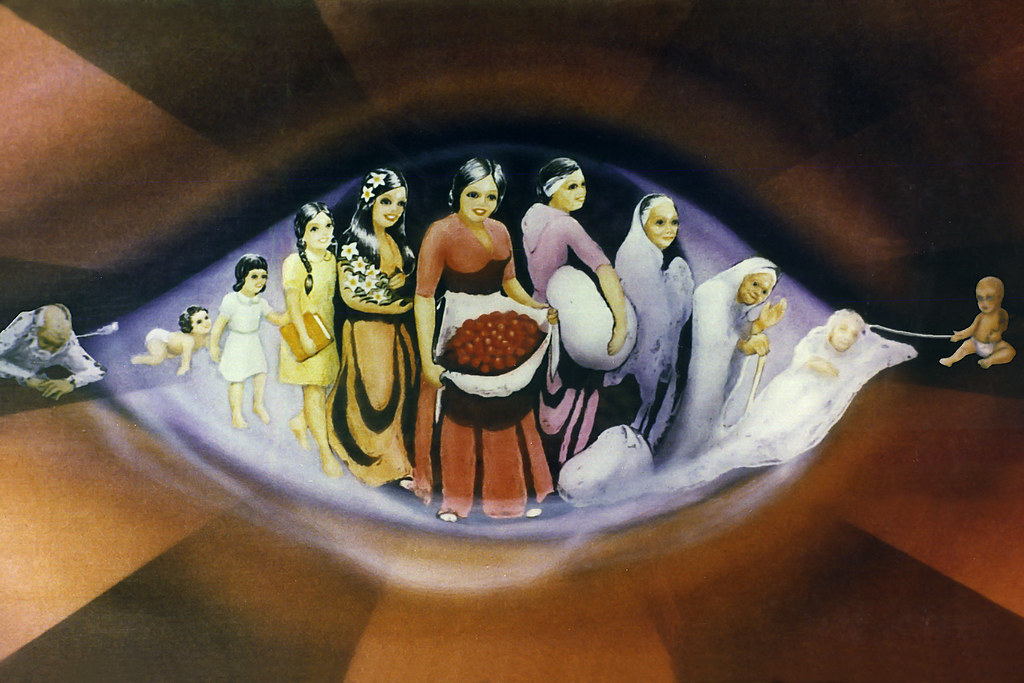Rumi’s poetry and philosophy are a profound blend of mysticism, spirituality, and the exploration of human emotions. His work transcends cultural and religious boundaries, appealing to a wide audience even centuries after his death. His philosophy centers around themes of divine love, unity of existence, spiritual longing, and the journey of the soul. Below is an exploration of his poetic style and the core principles of his philosophy.

Rumi’s Poetic Style
Rumi’s poetry is most notably written in Persian, but he also composed works in Arabic, Turkish, and Greek. His writing style is deeply rooted in Sufi mysticism and often employs rich metaphors, allegories, and symbolic language to convey profound spiritual insights.
He is most famous for two major collections:
1. Masnavi (Mathnawi): Known as “the Holy Quran in Persian,” this is a six-volume spiritual epic mainly considered one of the greatest works of Sufi poetry. It contains parables, allegories, and reflections on various aspects of life, all designed to guide readers on a spiritual journey.
2.Divan-e Shams-e Tabrizi (The Collected Poems of Shams of Tabriz): This collection of lyrical poetry (ghazals) was inspired by Rumi’s intense spiritual friendship with Shams. It is filled with themes of divine love and the ecstasy of spiritual union.
Rumi’s poetry is known for its emotional intensity, lyrical beauty, and its ability to convey complex spiritual truths in simple yet powerful language. His poems often focus on the nature of love, not just as a romantic or human emotion but as a cosmic force that drives the entire universe. His style is both personal and universal, making it accessible to a wide range of readers.
Divine Love and Longing
One of the central themes of Rumi’s poetry is divine love (also known as Ishq in Sufism), which he saw as the most powerful force in existence. For Rumi, love was not limited to romantic or earthly expressions; it was the foundation of the universe, the means by which God created and sustains life.
In Rumi’s view, all forms of love—whether for another person, for nature, or for God—are ultimately reflections of a deeper, more transcendent love for the Divine. This longing for divine union is expressed in much of his poetry, where human lovers often serve as metaphors for the soul’s yearning for closeness with God.
A famous Rumi quote that illustrates this idea is: “The minute I heard my first love story, I started looking for you, not knowing how blind that was. Lovers don’t finally meet somewhere. They’re in each other all along.”
For Rumi, love is a transformative force that breaks down the boundaries of the self, leading to unity with the Divine. His poetry often speaks of the pain and ecstasy of this journey, where separation from the beloved (God) causes deep sorrow, but eventual reunion brings incomparable joy.
Unity of All Being (Tawhid)
Rumi’s philosophy also revolves around the concept of unity of existence or Tawhid, a core tenet of Islamic mysticism. He believed that everything in the universe is interconnected and a reflection of the divine essence. All creatures, all elements of nature, and every human being are manifestations of the same divine reality.
This idea of oneness is beautifully expressed in his poetry, where he often writes about the dissolution of the individual ego in the greater whole. Rumi suggests that the ego (the separate self) is an illusion and that by transcending the ego, one can experience unity with the universe and the Divine.
A powerful example of this theme can be seen in his verse: “I am not this hair, I am not this skin, I am the soul that lives within.”
Through this teaching, Rumi invites people to see beyond the physical world and recognize the divine presence within everything. His philosophy urges people to move past superficial differences like religion, nationality, and class, and instead see the universal spirit that connects all life.
The Spiritual Journey and Transformation
Another key element of Rumi’s philosophy is the spiritual journey, which he saw as the ultimate purpose of life. This journey involves moving away from worldly attachments and ego-driven desires toward a higher state of consciousness where one experiences divine love and unity.
Rumi described this spiritual process in many of his poems as a transformative experience, where the soul undergoes suffering and purification before reaching enlightenment. He often used metaphors of travel, the seasons, or even the elements (fire, water, wind) to describe the stages of spiritual growth.
In his famous poem about the reed flute in the opening of the Masnavi, Rumi describes the soul’s longing to return to its source, much like a reed that has been cut from its bed and longs to be reunited with the whole: “Listen to the reed and the tale it tells, how it sings of separation.”
This metaphor of the reed flute illustrates the human soul’s separation from God and its yearning to return to the Divine. The spiritual journey is, thus, not only about learning and understanding but also about experiencing this reunion with the Divine essence.
Surrender and Ego Dissolution
A critical aspect of Rumi’s philosophy is the concept of ego dissolution and surrender to the Divine will. In Sufism, the ego (or nafs) is often seen as the primary barrier between the individual and God. Rumi teaches that to truly experience divine love and unity, one must let go of the ego and submit to God’s will.
Rumi uses various metaphors for this process of surrender—such as being a drop returning to the ocean, or a candle being consumed by its own flame. He encourages followers to let go of their limited sense of self and merge with the infinite reality of the Divine: “You were born with wings, why prefer to crawl through life?”
In his poetic tradition, Rumi emphasizes that this surrender is not an act of loss but one of profound gain, where the individual soul finds its true place within the universal order.
Mysticism and the Role of Shams
Rumi’s transformation into a mystical poet was largely inspired by his intense relationship with the wandering dervish Shams al-Din of Tabriz. Their friendship was not simply a mentor-student relationship but a deep, almost ecstatic bond that awakened Rumi’s spiritual passion.
Shams acted as a mirror for Rumi, reflecting his own divine nature back to him. Shams’ influence opened Rumi’s heart to the mysteries of divine love and led to a radical transformation in his life. After Shams’ mysterious disappearance, Rumi’s grief and longing for his friend transformed into his poetry, particularly in the Divan-e Shams-e Tabrizi.
This transformation marked Rumi’s departure from traditional religious scholarship into a life of mysticism, where he expressed his divine connection through poetry, music, and dance (the whirling dervishes).

